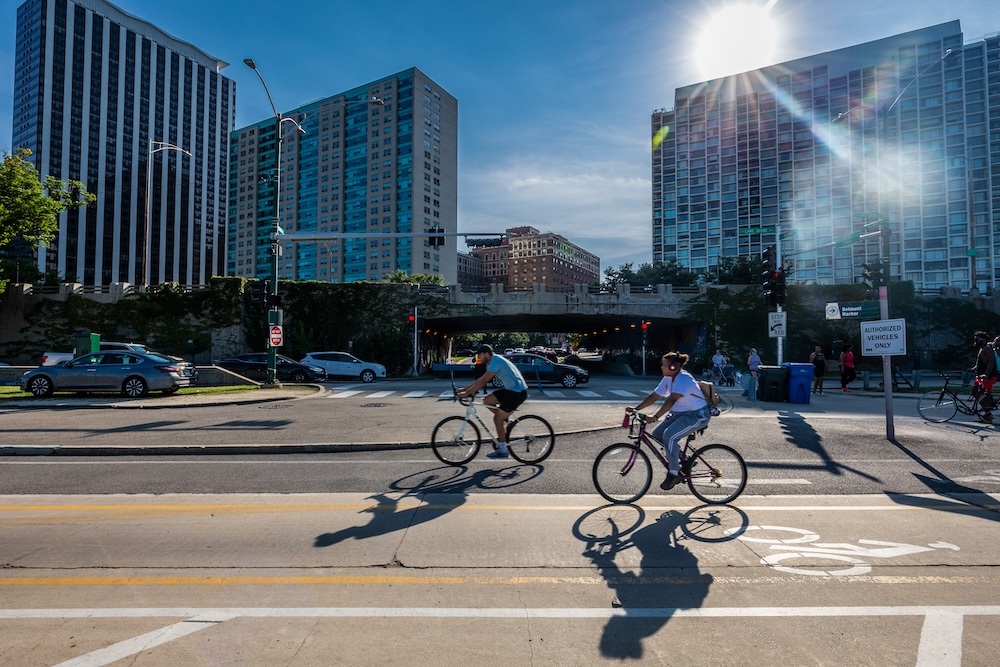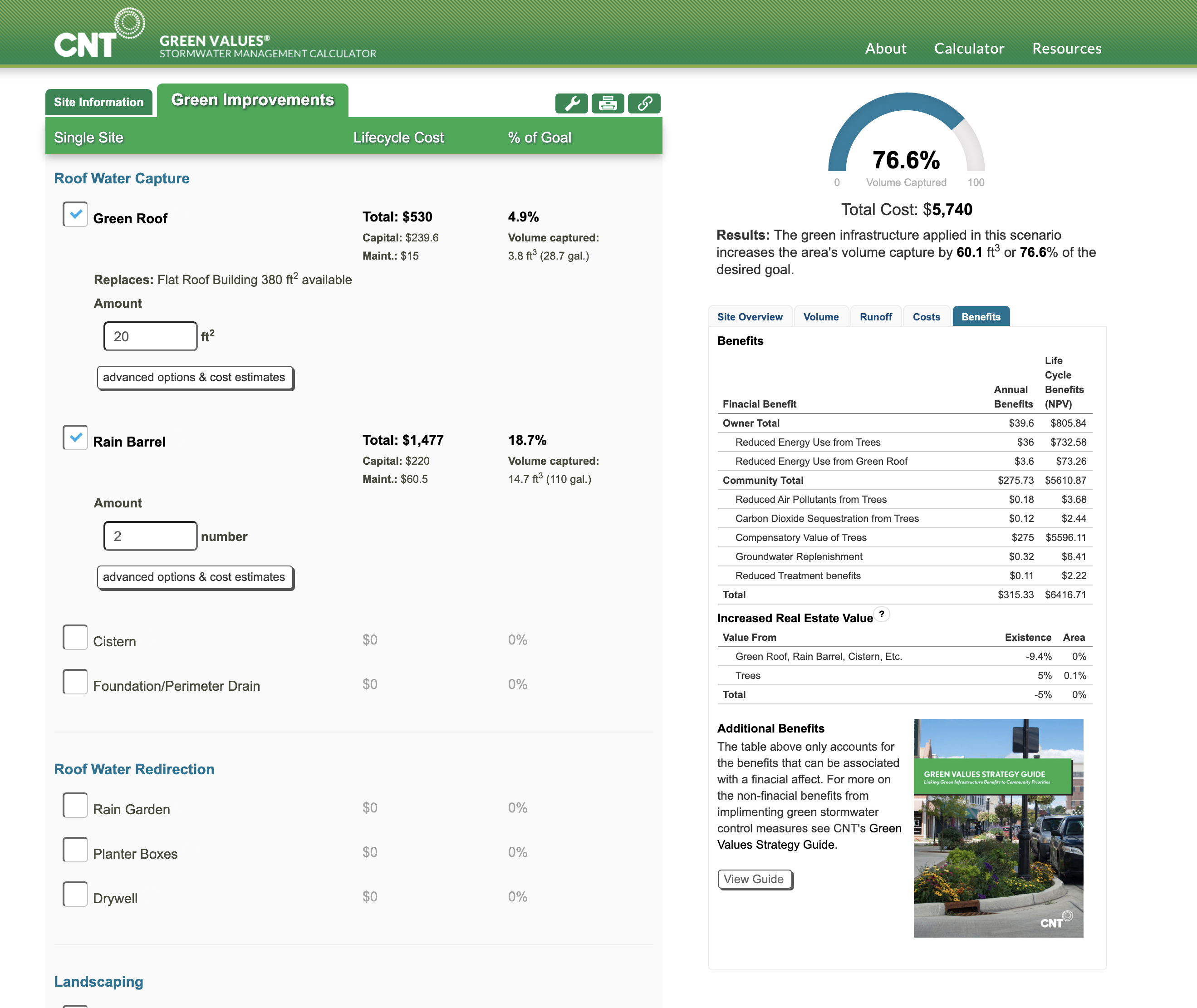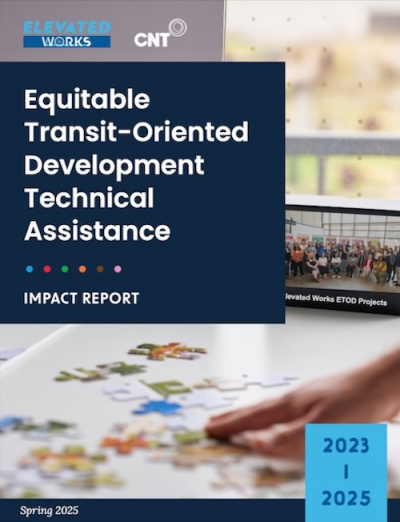
Advocates want the proposed North DuSable Lake Shore Drive to accommodate more transit access and climate-friendly solutions than the current proposal includes. ChiStock Images photo
Center for Neighborhood Technology is a proud member of the Illinois Clean Jobs Coalition and partner of Better Streets Chicago. This is one of several stories we plan to highlight transit issues in the coming months.
Phase one of the multibillion-dollar North DuSable Lake Shore Drive rebuilding project started in 2013, drawing inspiration from Chicago architect and planner Daniel Burnham’s famous quote “make no little plans…”
Instead, planners seem to have picked the littlest option available this summer, according to the latest from Streetsblog Chicago in August.
Transit advocates called on the project team to take this once in a generation opportunity to prioritize transit and active transportation, such as bus lanes, and more space for walking and biking.
This strategy would have environmental benefits and also rebuild the road to benefit all users rather than just those driving their personal vehicles. Center for Neighborhood Technology and a coalition of groups including Metropolitan Planning Council, Active Transportation Alliance and Better Streets Chicago have been advocating for an update.
How we got here
Everyone agrees North DuSable Lake Shore Drive is due for an improvement. It’s been on the books for more than a decade:
- The area to be redeveloped, between Grand and Hollywood avenues along the lakefront, spans 7 miles and includes 12 roadway junctions, 22 bridges and tunnels, and touches 11 Chicago neighborhoods
- Cost estimates run to nearly $4 billion
- In 2023, the state narrowed the choices to five possible alternatives. They included a range of public transit and pedestrian access
The agencies leading the rebuild – the Chicago and Illinois departments of Transportation – settled on the “Essential” plan – the one without bus lanes and fewer investments to increase pedestrian and bike access to the lakefront.
Some things to look out for in the not-too-distant future
“There is not much happening publicly at the moment since the Save the Lakefront Rally and the Redefine the Drive open house, but there are a few things to look out for,” said Micheál Podgers of Better Streets Chicago. Podgers points to several developments that can affect the North DuSable Lake Shore Drive redevelopment.
A resolution moving forward in the state Legislature calls on the Chicago and Illinois departments of Transportation that are co-leading the process to “transform Du Sable Lake Shore Drive into a true boulevard and to be creative and forward-thinking in their redesign of Du Sable Lake Shore Drive” including adding more transit options. Hearings could also be scheduled in the General Assembly to discuss the North DuSable Lake Shore Drive project.
A similar resolution in the Chicago City Council could also push City Council to take an official position on the North DuSable Lake Shore Drive project. Although resolutions are nonbinding, they would signal where Chicago’s elected officials are on the issue. They could also allow all stakeholders to get clearer answers from the city, the state, and the project team on why they plan to move forward with the project as it is.
Although not directly related to the North DuSable Lake Shore Drive project, the Clean and Equitable Transportation Act (CETA) will be front and center in 2025. This state legislation actually includes multiple bills moving through the Illinois General Assembly, all of which put the focus on transit and climate. These bills include:
- The Metropolitan Mobility Authority (MMA) Act would consolidate all area transit agencies. The Illinois Senate’s Transportation Committee held the final in a series of public hearings October 15. This would indirectly affect the North DuSable Lake Shore Drive project because it would create the funding conditions for the city and the state and other local actors to invest more in alternatives to cars.
- The Transportation Choices Act (TCA) would reduce greenhouse gas emissions from the transportation sector and make transportation more equitable. It would affect the North DuSable Lake Shore Drive project because it would power investments in non-driving alternatives.
- The Zero-Emission Vehicle Act, which supports electric vehicle charging, zero-emission government fleets (including mass transit) and other areas could also indirectly support advocates’ work to win more climate- and transit-friendly components of a North DuSable Lake Shore Drive rebuild.
The Illinois Clean Jobs Coalition, of which the Center for Neighborhood Technology is a member, is advocating in favor of this legislation in Springfield.
Next steps and how you can help
The project team will most likely continue working to secure federal funding, for example by creating an Environmental Impact Statement and conducting preliminary engineering. We can expect project updates as early as spring 2025.
In the meantime, to get involved and stay up to date on Northbound Lake Shore Drive, Chicagoans can sign a petition at the website of Better Streets Chicago to send emails to your Alder, Mayor, State Senator and Representative, and the Governor, urging them to pause the current process and envision one that’s more climate and transit friendly.





 Strengthening Transit Through Community Partnerships
Strengthening Transit Through Community Partnerships